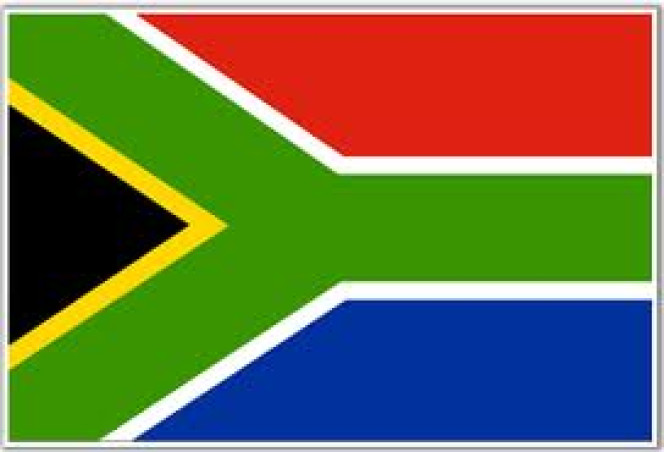Mobile money makes rands and cents for SA

JOSEPH BOOYSEN
Although many South African consumers are moving towards cashless payment as a safer alternative, cash will still be around for some time.
This is according to Virgin Money SA chief executive Andre Hugo.
Hugo said being in possession of cash is a security risk, especially in the South African context. “The natural default for the consumer is to get out a card and insert it into a pod machine to pay, but over time people are starting to actually say, ‘If I’m now putting my card in, is that not a security risk that there is a card reader, etc. People are then starting to go mobile.
“I think mobile payments are definitely going to continue to grow and it all depends on how they are deployed, QR codes don’t work internationally as well as in South Africa, but I think there is a big adoption here,” he said.
Hugo added that Zapper and Snapscan laid the foundation about four years ago. MasterPass will be coming in soon while Virgin Money will be launching an app in October which will allow users to read any QR code using just one app instead of carrying multiple apps.
“I am old enough to remember that there was a R2 note and a R5 note, those have gone out of circulation. How long is it going to be before a R1 coin or a R2 coin goes out?” he asked.
Hugo said that going mobile and cashless for specific use such as tipping security guards or transacting in an environment where there is a lot of traffic like queues at coffee shops and fast-food places makes a lot of sense.
“I think also going forward in the web, for me to enter my credit card details on a website versus just scanning something on a website, at least I know that my data is still on my phone and my security is linked to my phone versus that website. At a certain time we are going to see that movement,” said Hugo.
He added that the need for people to share and send money is growing in South Africa as there is a massive influx into urban environments from rural locations.
Hugo said that for people from neighbouring countries, such as Zimbabwe and Mozambique, who were living and working in South Africa, from a convenience perspective to send money to family members back home via services such as MoneyGram costs them between 13 and 30percent of the money they are sending, which is exorbitant in light of the current economic situation.
“Everything that you do, needs to work for you. So if you can say to them, I can safely send money to my mom or my parents in Zim or Mozambique and all I need is their cellphone number and then they can actually go to their local kiosk or bank to receive that money, that to me is a massive use case for moving money around in South Africa,” he said.
Hugo added that Spot was developed by Virgin Money South Africa in February last year and since its launch has reached more than 400000 users.
He said there is more to the future of banking than making current products and services more digital or merely migrating to a cashless society as “it’s about putting yourself at the centre of your customer’s life and making their lives as easy as possible by giving them financial information and the ability to transact instantly and securely”.
CAPE TIMES
 Africas leading resource for digital financial services
Africas leading resource for digital financial services


comments